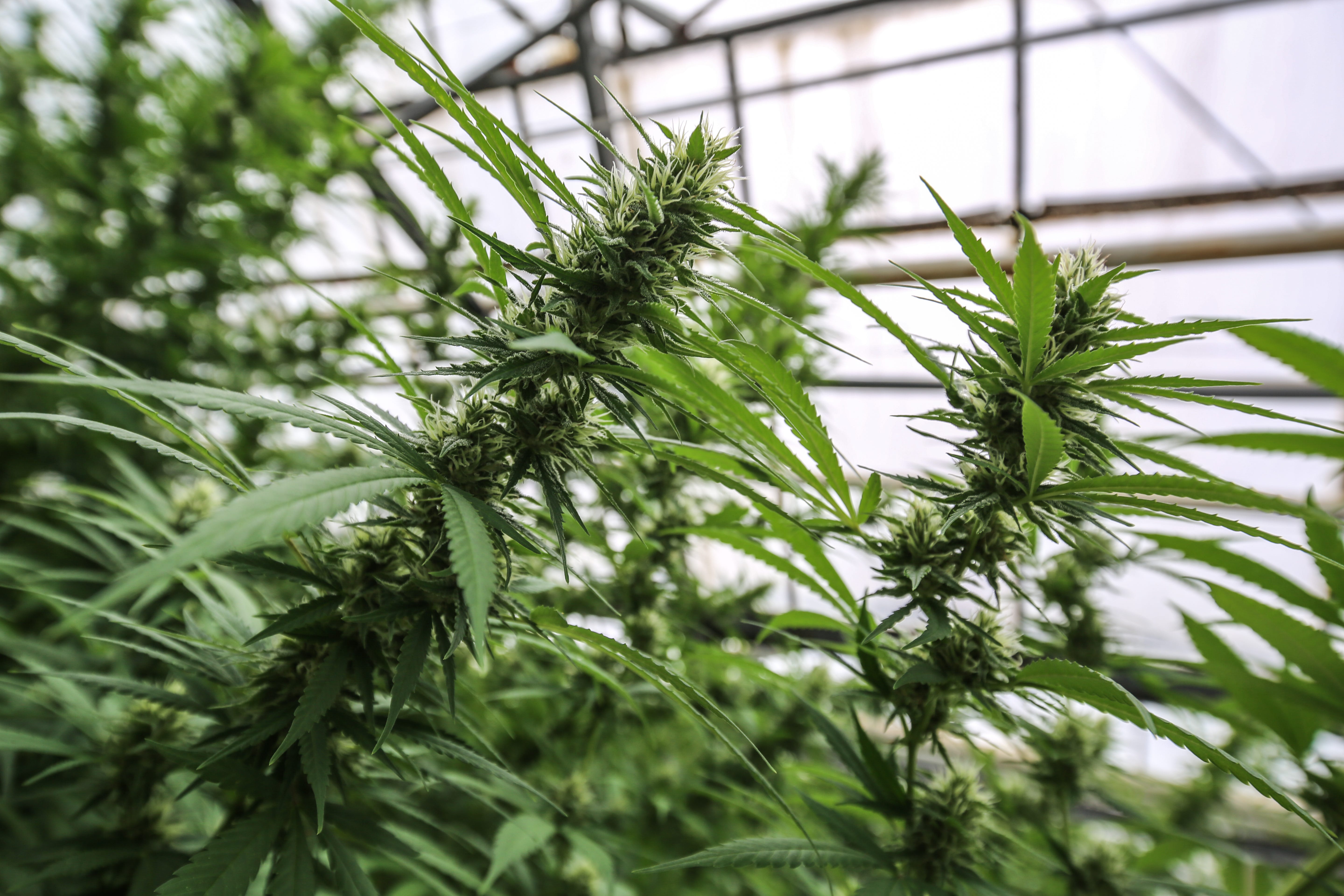
Breaking Down The Cannabis Plant
A word from Elad Segev, Manager of Breeding and Cultivation at MGC Pharmaceuticals.
A Cannabis plant is made up of 400 different chemicals that have physical and psychoactive effects when consumed together. The addition or removal of these substances from a plant can cause very different results, which can potentially lower the efficacy of the plant.
Fortunately, at MGC Pharma, we are in the business of Medical Cannabis and have spent years researching and understanding the effects and phenotypes of different strains to determine which ones work best for different conditions, with each containing different amounts of THC, CBD and other components.
In this blog, I will introduce the prominent chemicals found in the Cannabis plant, as well as how they interact with the human body.
Cannabinoids
Many of the components found in Cannabis plants are known as cannabinoids. Cannabinoids will interact with neurological receptors in the human body in the same way that naturally occurring chemicals would. In fact, the human body is capable of producing its own set of endocannabinoids, which suggest that Cannabis has a significant role to play in regulating normal bodily functions.
Cannabinoids have the potential to affect everything in the human body, from your immune system, to your ability to remember short-term and long-term memories.
The more research that is done into cannabinoids derived from Cannabis, the more we will learn about the full effects they have on the human body.
Tetrahydrocannabinol (THC)
Tetrahydrocannabinol, or THC, is the component of the Cannabis plant that produces psychoactive effects that can range from racing thoughts to paranoia. While these effects tend to suggest that this component has few benefits outside of recreational use, there’s actually a lot more that THC is capable of.
In fact, there’s a lot of research that suggests THC can be very effective in several medical applications.
Firstly, recent research has suggested that THC can help relieve pain in many patients. This is especially important when you take into consideration the major opioid crisis going on. You can learn more about that here. In short, THC medications could provide a much healthier alternative.
On top of its pain relief benefits, THC is also a well-known appetite stimulant. This effect can be put to very good use to help patients suffering from cancer or HIV/AIDS eliminate any uncomfortable nausea that their treatments provoke.
With so many potential benefits to offer, THC research represents a promising solution to many complex medical problems.
Cannabidiol (CBD)
Despite many people still associating Cannabis with its psychological effects, it’s very important to remember that it also contains substances that produce medical benefits without any impairment. Cannabidiol (CBD) is one of these components.
Patients suffering from disorders such as multiple sclerosis or PTSD may find some relief at the hands of CBD.
It’s also effective in treating patients with refractory epilepsy who experience daily seizures. In fact, MGC Pharma has just released their first product, CannEpil™, a CBD-based medication to help treat patients with refractory epilepsy. You can learn more about it here.
As you can see, the Cannabis plant is a complex one, offering many medical benefits to people with all types of diseases. In time, we hope to learn more about the plants benefits and help deliver more treatments to patients with previously unmet medical needs.

